Our work
Founded in 2014, GIJTR has worked with partners in 76 countries, fostered over 463 grassroots projects and engaged more than 760 local civil society organizations in building capacities and laying the groundwork for community-wide participation in transitional justice processes. See below for highlights of selected projects.
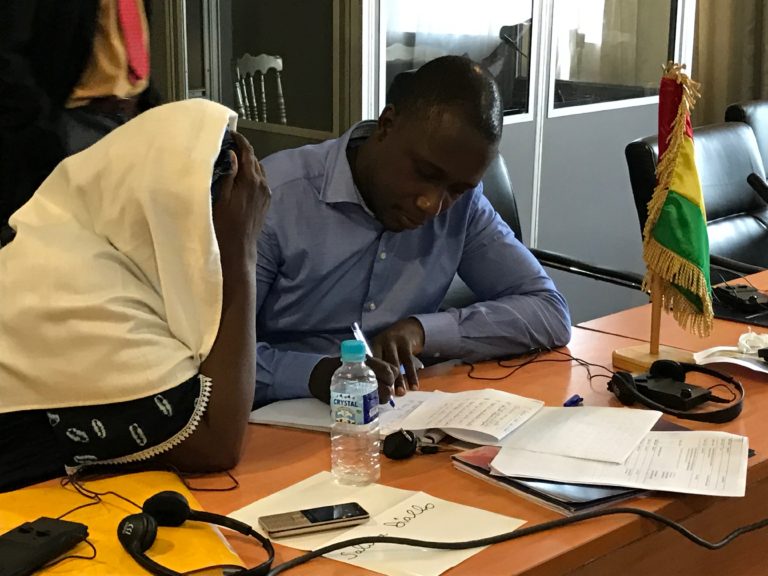
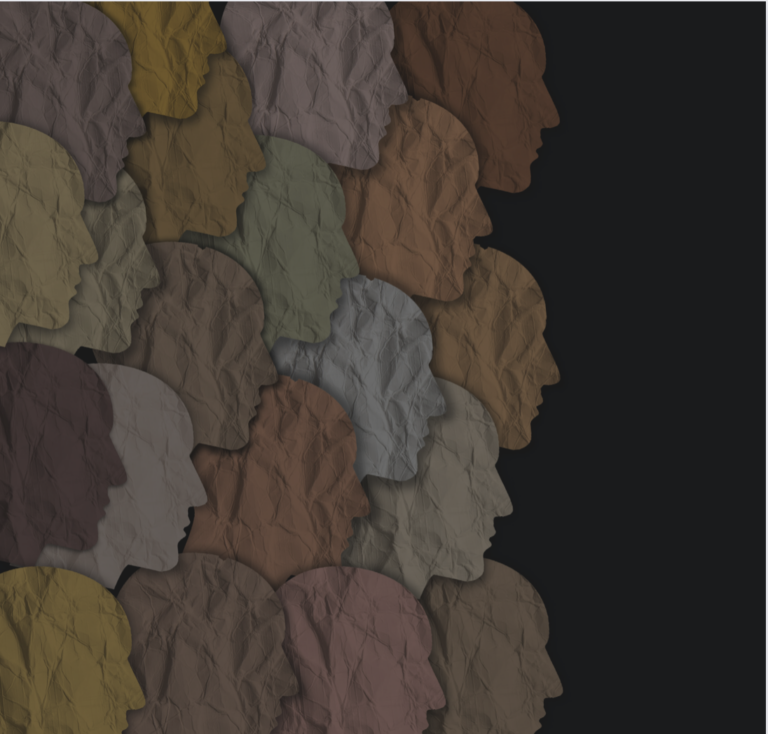
Understanding Racism as a Risk Factor for Atrocity Crimes
While the roots of racism are generally related to false notions of white supremacy, how exactly racism informs atrocity crimes and how communities can prevent this can take many shapes. To share lessons learned on this subject, in 2023 GIJTR launched “Understanding Racism as a Risk Factor in Atrocity Crimes,” a project that seeks to generate resources on identifying and combatting structural racism and on supporting communities of color and their allies to advocate for equity and racial justice.
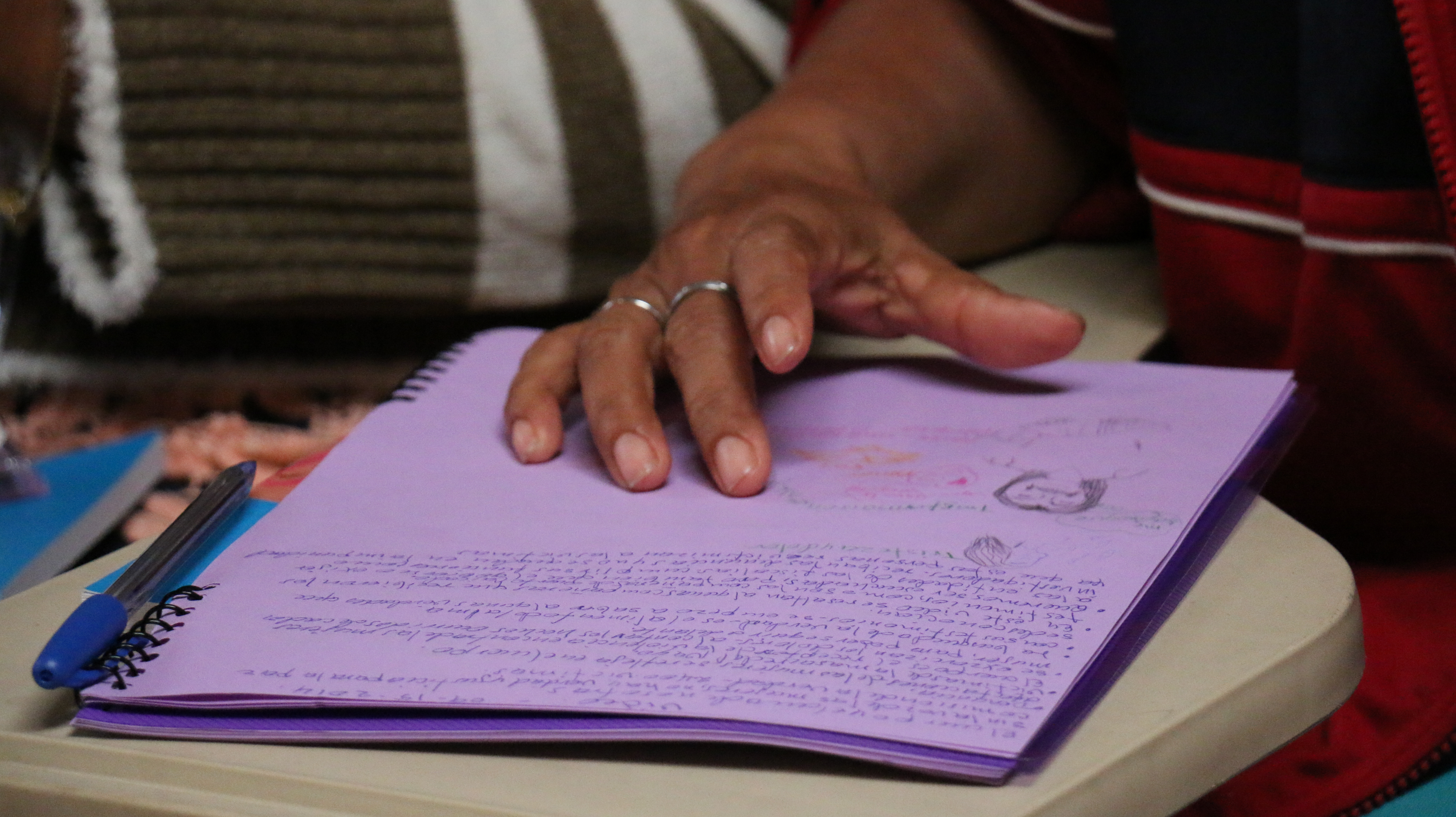
Ensuring Accountability for Conflict-Related Sexual Violence in Ukraine
Since Russia’s full-scale invasion of Ukraine in February 2022, Russian and pro-Russian forces have committed legions of violations of international humanitarian law and acts that amount to war crimes, including widespread conflict-related sexual violence (CRSV). To that end, GIJTR partners are currently partnering with key Ukrainian civil society actors in their efforts to investigate, document and pursue accountability for such atrocities.
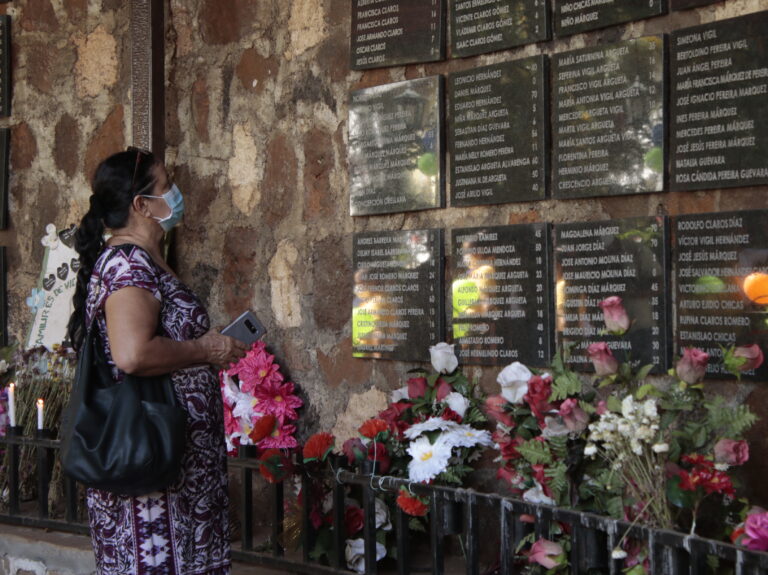
Mapping Commemorative Cultures
This project seeks to compare experiences and examples from various contexts around the ways in which significant dates from past conflicts, atrocities and other significant events, such as peace treaties, truces and internationally observed dates, have been commemorated in official state narratives versus alternative victim- or survivor-centered narratives. Choosing indicative examples of commemorative dates in various contexts can help transitional justice and memory practitioners, peacebuilders, policymakers and community stakeholders understand and identify the gaps that exist between the official narratives of victory, heroism, sacrifice and injustice and the narratives of victims and survivors who have suffered because of or in relation to those same events.
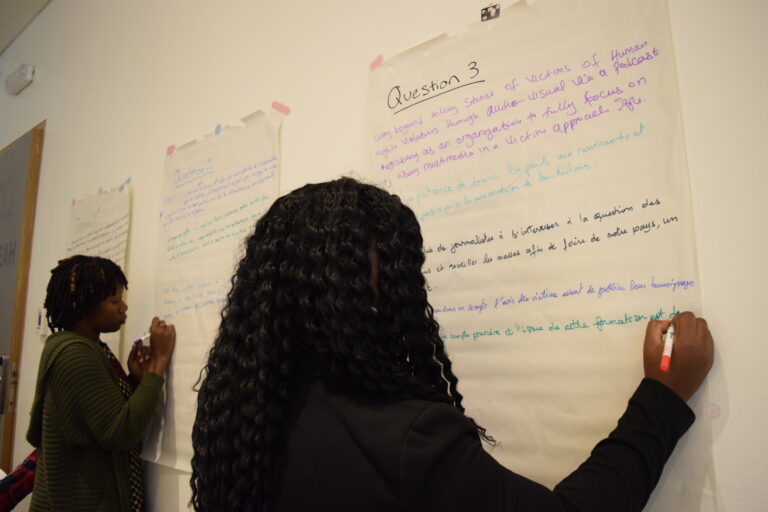
Media and Transitional Justice Academy
Journalists and members of the media, although often overlooked in conflict and the ensuing transitional justice processes, play a crucial role—either as instigators or provokers of conflict, or as key players in raising awareness, putting information about the conflict or the transitional process in the public domain and sharing survivors’ stories to support their recognition and broader societal healing. However, despite the significance of their role, journalists and media personnel often do not have access to any training in relation to atrocity prevention and transitional justice and can thus do more harm than good.
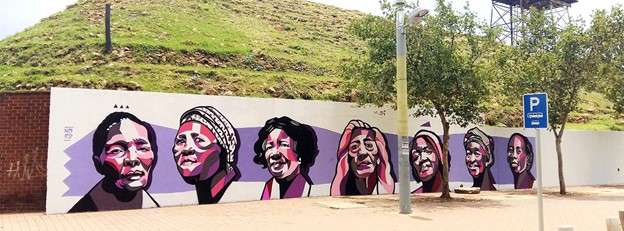
Curriculum Reform and Transitional Justice
In post-conflict societies, decades of violence often lead to hatred, vengeance, and fear among the population, as well as the perpetuation of myths that vilify or victimize specific groups. These perceptions and experiences of trauma are transferred across generations, breeding ongoing cycles of conflict and preventing the realization of sustainable peace. Education can play a key role in either disrupting or perpetuating these harmful patterns.
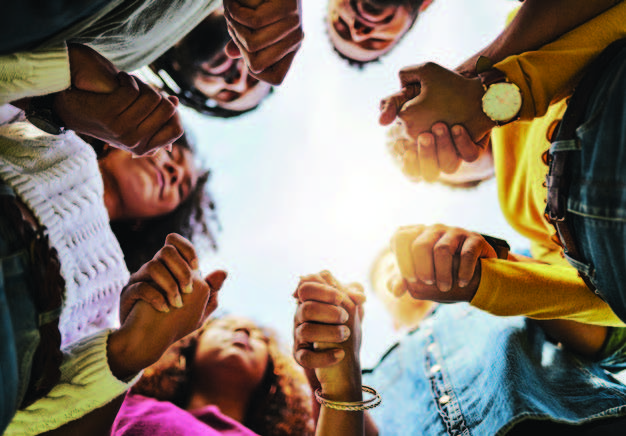
Religious and Faith-based Actors Engagement with Transitional Justice
GIJTR and local partners conducted research to produce case studies on key contexts in which religious and faith-based actors participated in formal or non-formal ways in transitional justice processes and the impact of their participation, or lack thereof, on these processes. The Consortium then used the findings of this examination to develop a first-of-its-kind assessment tool for relevant transitional justice stakeholders to determine how the engagement of religious and faith-based actors adds legitimacy or undermines transitional justice processes.
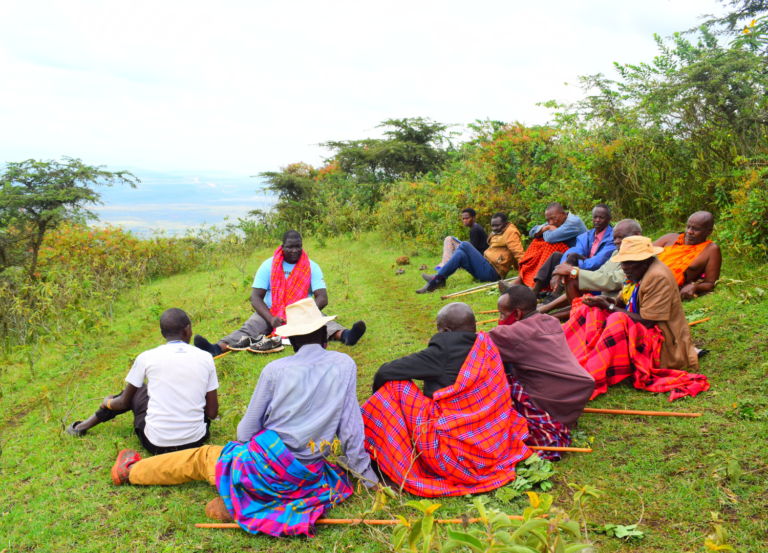
Engaging Indigenous Communities in Transitional Justice
GIJTR launched this project which examines ways of engaging indigenous communities in transitional justice processes that are rooted in traditional cultures and practices, including community redress, indigenous restorative justice mechanisms, reparations to nature, culture-specific truth-telling procedures, reconstruction of the social fabric, restitution of balance between ethnic groups and other modes of reconciliation practiced by indigenous communities across the world.
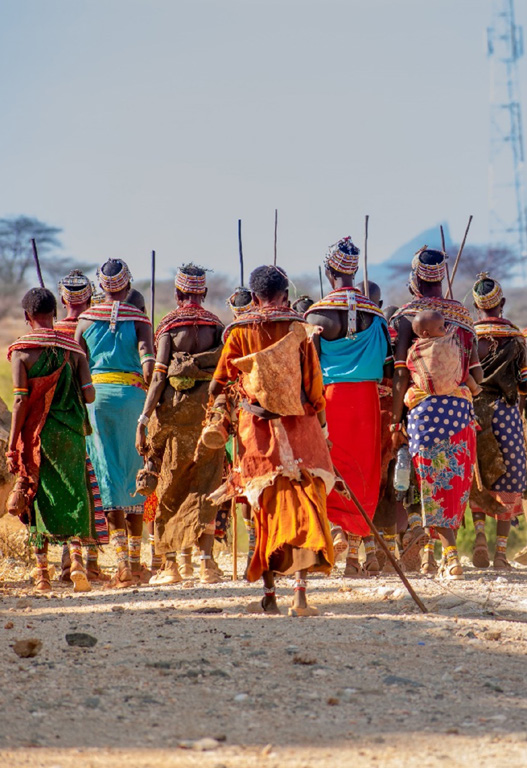
Private Sector Actors and Transitional Justice
While transitional justice processes are designed primarily to address justice, accountability and reparations for serious and widespread violations perpetrated in the context of armed conflict or repressive regimes, accountability for private actors has frequently been elusive.
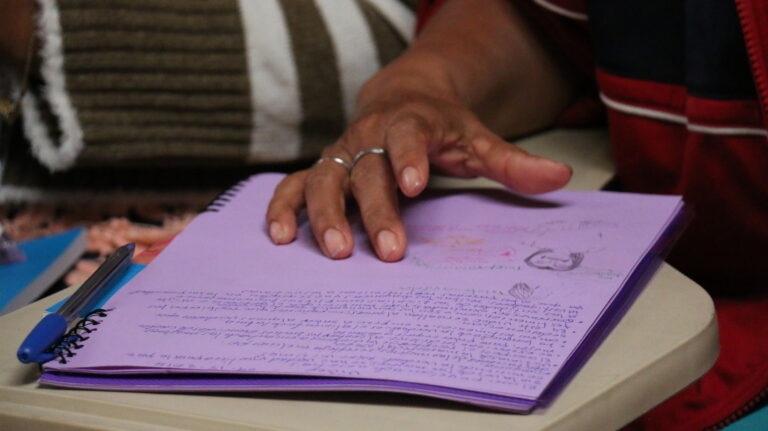
Reintegration of Women Victims of Conflict-related Sexual Violence and Children Born Out of War
Transitional justice processes have the potential to play a crucial role in the healing and reintegration of women victims of conflict-related sexual violence and children born out of war (CBOW) by providing opportunities for truth-telling around the circumstances through which these women were assaulted or abducted, publicly recognizing them as victims, and providing them with reparations.

Supporting CSOs in Digital Archiving
Digital archiving is crucial to the work of civil society organizations (CSOs) in helping them to document past and ongoing human rights violations and better utilize information to support transitional justice mechanisms and community-based truth, justice and memory initiatives.
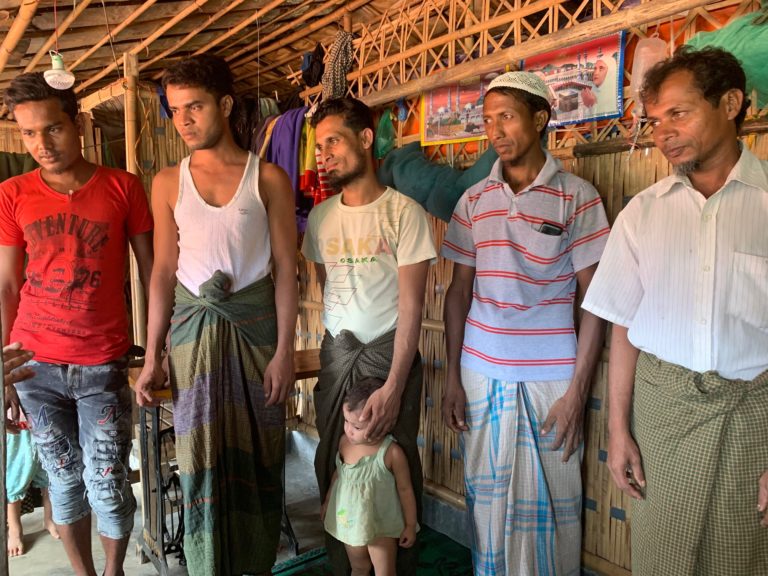
Documenting the Rohingya Crisis
The GIJTR is working with the Rohingya community in refugee camps in Bangladesh to build the capacity of local activists to document and archive evidence and other information about human rights violations committed in Rakhine State, Myanmar to support Rohingya and Bangladeshi civil society in transitional justice processes, preserve records for use in future transitional justice mechanisms, and dignify survivors through memorialization projects and other memory initiatives.
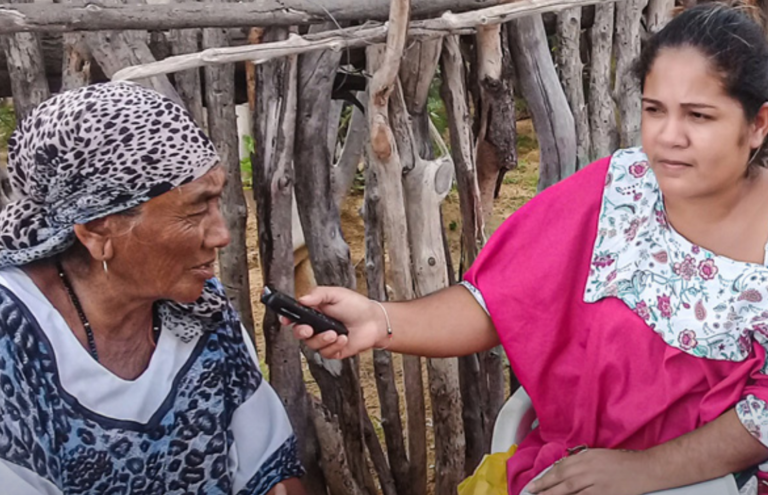
Truth-Telling in Colombia
The conflict in Colombia killed over 450,000 people between 1958-2013. To help those affected, and begin to bridge historic divides, the Global Initiative for Justice, Truth and Reconciliation is advising the Colombian Truth Commission on the best tools for collecting, documenting and sharing the stories of the conflict’s survivors – an integral step to ensuring lasting peace in the country.
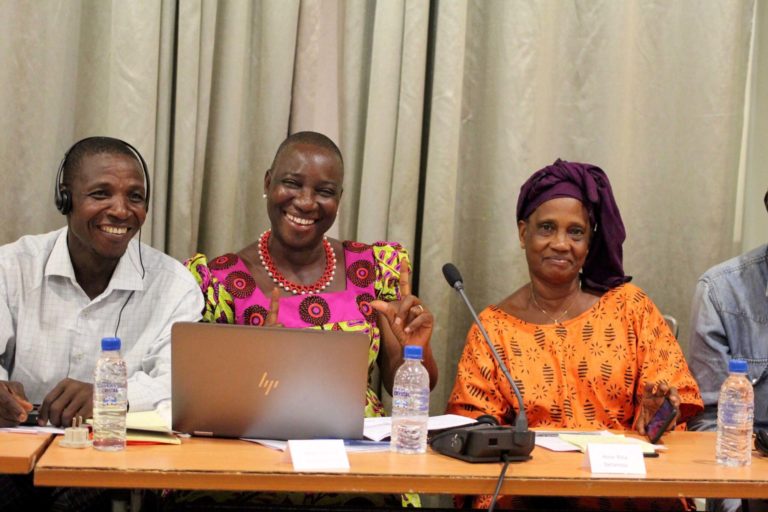
Galvanizing Guinea's Quest for Truth
GIJTR’s programming in Guinea aims to build the capacity of CSOs and victims to engage in issues of truth, justice and reconciliation in an informed and sustained manner. Through GIJTR’s technical and financial support, local partners have been able to build their organizational capacities, develop trusting relationships, and overall maximize their impact.
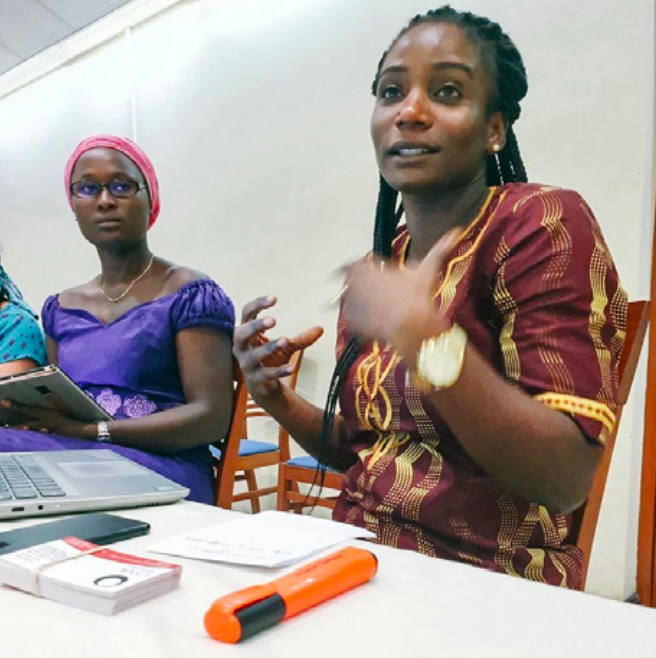
A Gambia for All
Almost all Gambians are victims of the Jammeh authoritarian regime (1996-2017), with the pervasiveness of torture and detention causing far-reaching trauma. To ensure victims’ voices are at the forefront of the country's transitional justice process, GIJTR is building the capacity of local CSOs to ensure that there is a well-trained, coordinated cohort of civil society actors who are able to engage at both the state and community level to ensure that victims’ and local communities’ needs are addressed and that their voices are included in all steps of the peace processes.
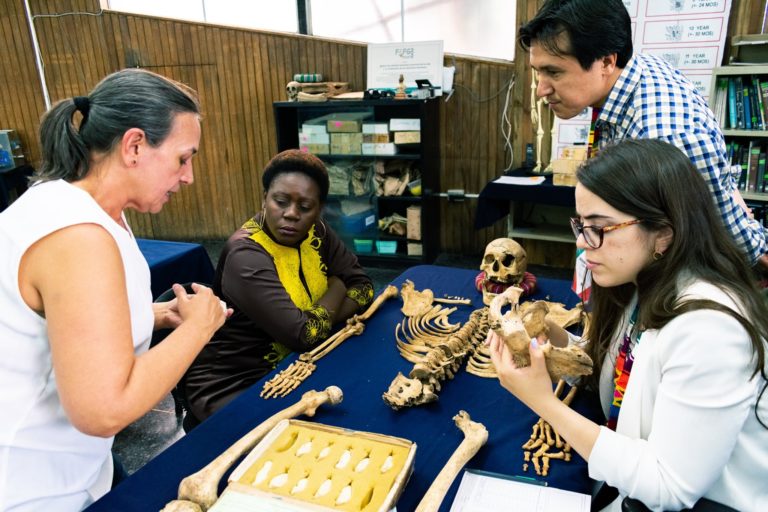
The Forensic Academy
The aim of the Forensic Academy is to bring together GIJTR partners and international participants working in diverse conflict and post-conflict settings to promote an exchange of experiences with a range of stakeholders, including technical forensics experts, victim's family members, prosecutors, and legal and psychosocial support. GIJTR partners are undertaking a series of activities that aim to empower a group of activists, academics and practitioners to design and implement holistic forensic investigations and support programs for families of the disappeared in their countries, based on their understanding of their local context.
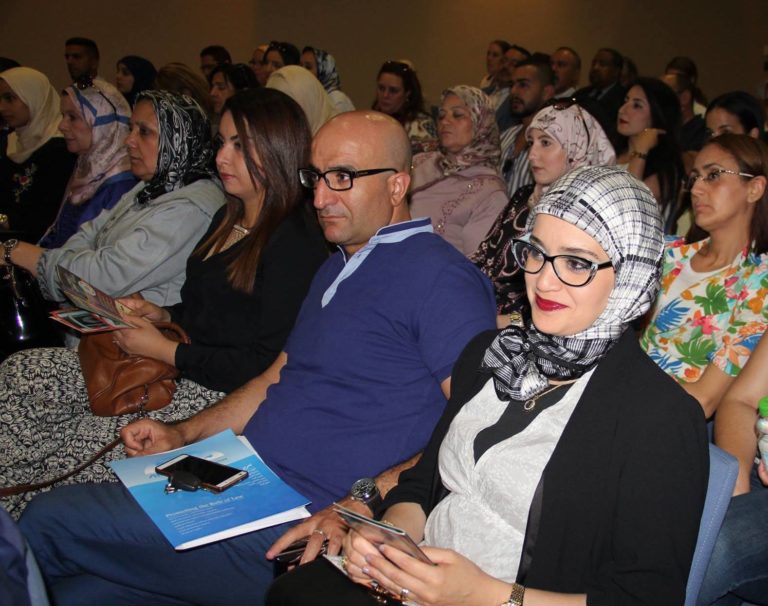
MENA Transitional Justice Academy
The MENA Transitional Justice Academy embodies a holistic and interdisciplinary approach, building the capacity of a core group of local experts equipped to serve as a resource for other practitioners and as individual experts to support regional transitional justice activities. The Academy provides trainings and sub-grants to a new cohort of activists, academics, practitioners and non-traditional actors to increase their knowledge base of transitional justice tools, as well as facilitate implementation of community transitional justice through truth, justice and reconciliation projects.
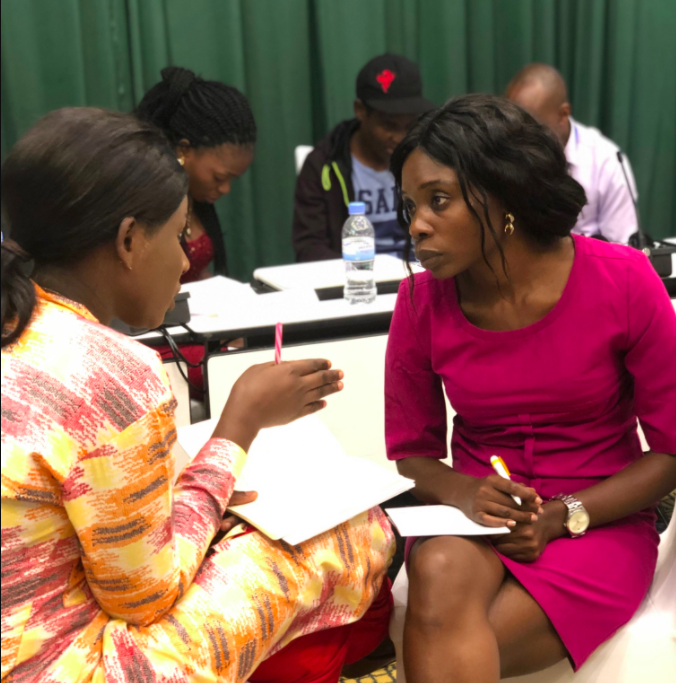
African Youth Transitional Justice Academy
Building on existing youth activism movements in Africa around truth, justice and reconciliation issues, this project developed and strengthened the next generation of transitional justice activists and civil society leaders. The participating youth increased their knowledge of broad transitional justice mechanisms and the role of youth in transitional justice processes, as well as honed their understanding of how their existing skills may be utilized to support truth, justice and reconciliation.
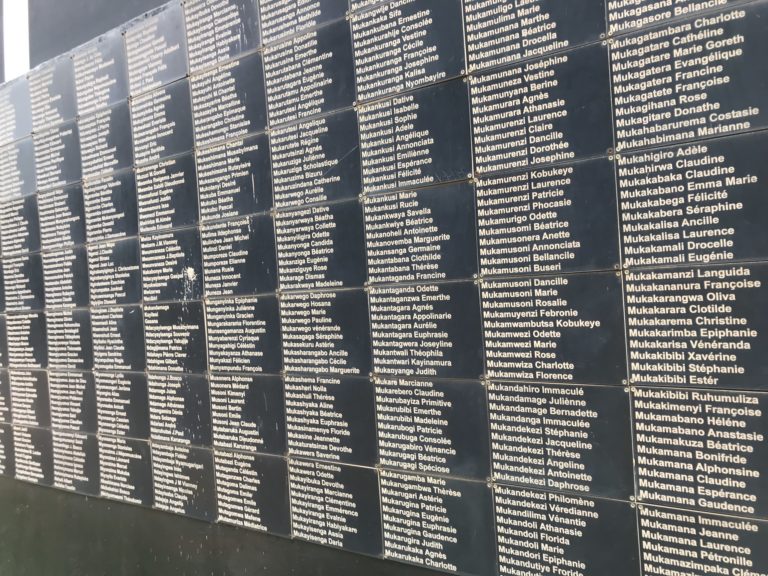
Civil Society Documentation for Accountability
This program will facilitate a conversation directly between civil society documenters and international criminal law actors. By exchanging lessons learned, as well as challenges in practice, this dialogue will generate deeper understanding on the part of key international criminal law actors as to the strategic utility of human rights documentation for accountability. Likewise, civil society documentors will leave with a deeper understanding on how their future work can be more relevant to international law.
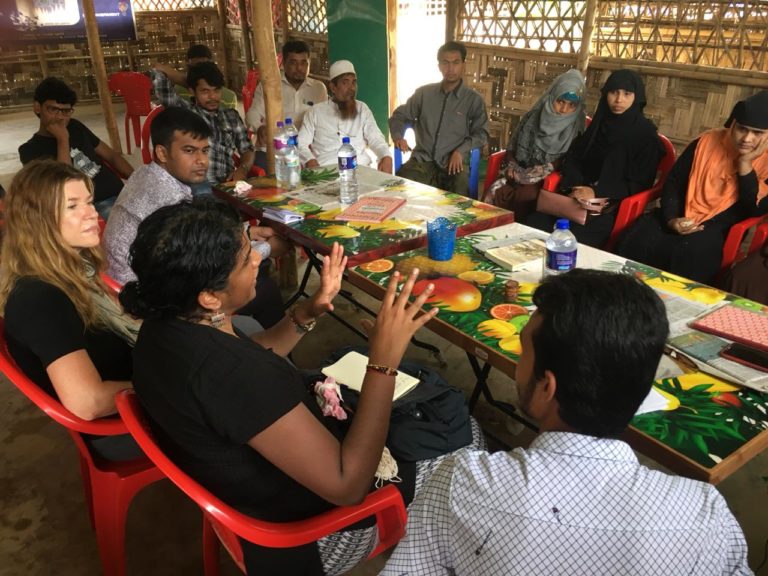
Understanding and Addressing ESCR in Transitional Justice
The GIJTR's research project, Understanding and Addressing Economic, Social and Cultural Rights (ESCR) in Transitional Justice, led to a first-of-its-kind assessment tool to support advocacy campaigns by communities and provides compelling evidence of the need to include ESCR violations in transitional justice processes.
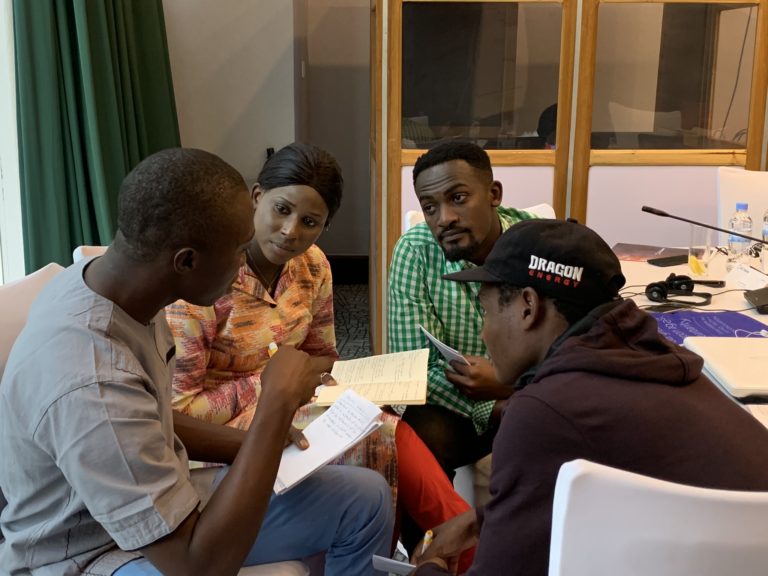
GIJTR Publications
The Global Initiative for Justice, Truth and Reconciliation regularly produces publications that share lessons learned from its work around the globe. Written specifically for practitioners, academics and activists, these manuals offer concrete strategies and tools to assist survivors of recent conflicts to heal from the traumas they have endured and help their communities break cycles of violence.
